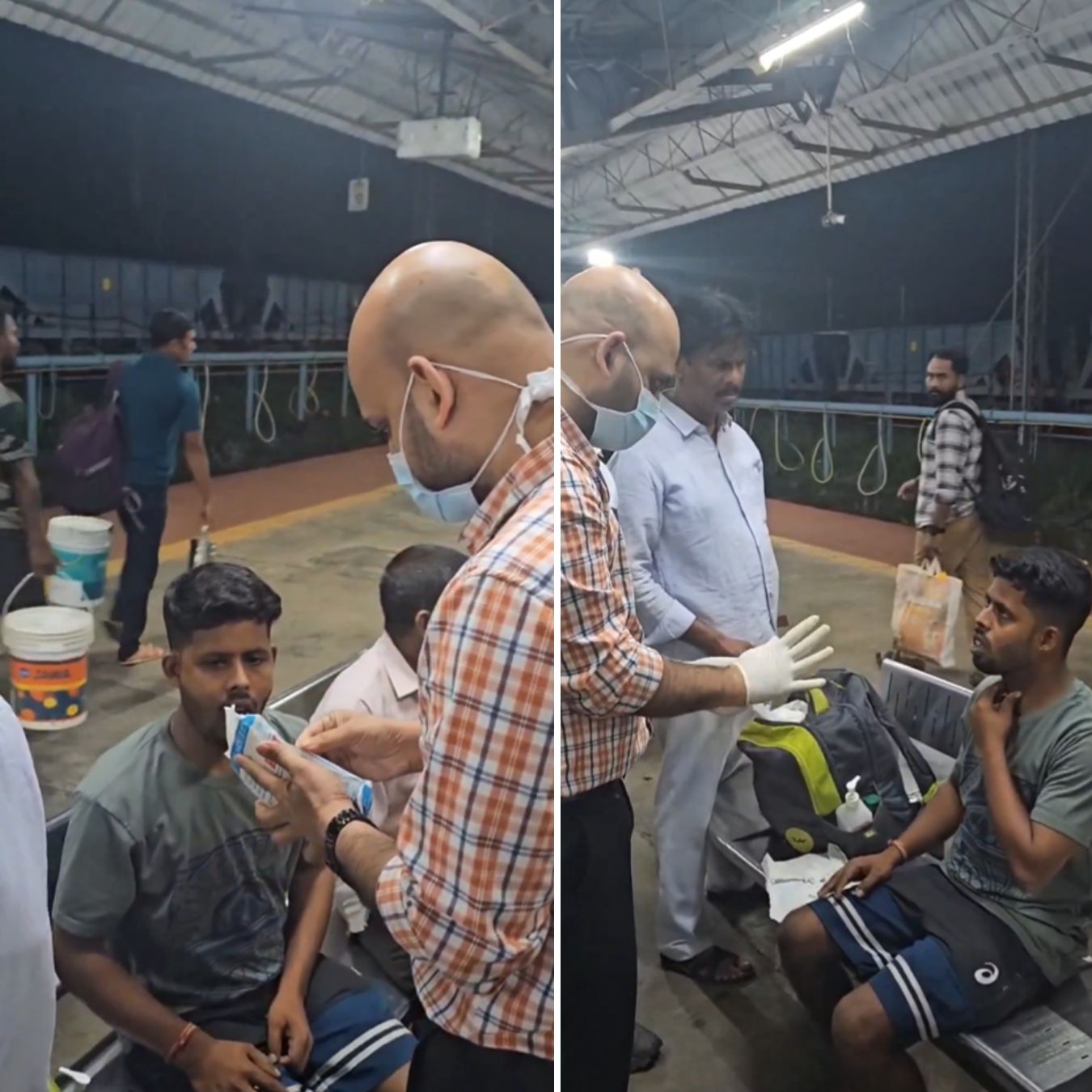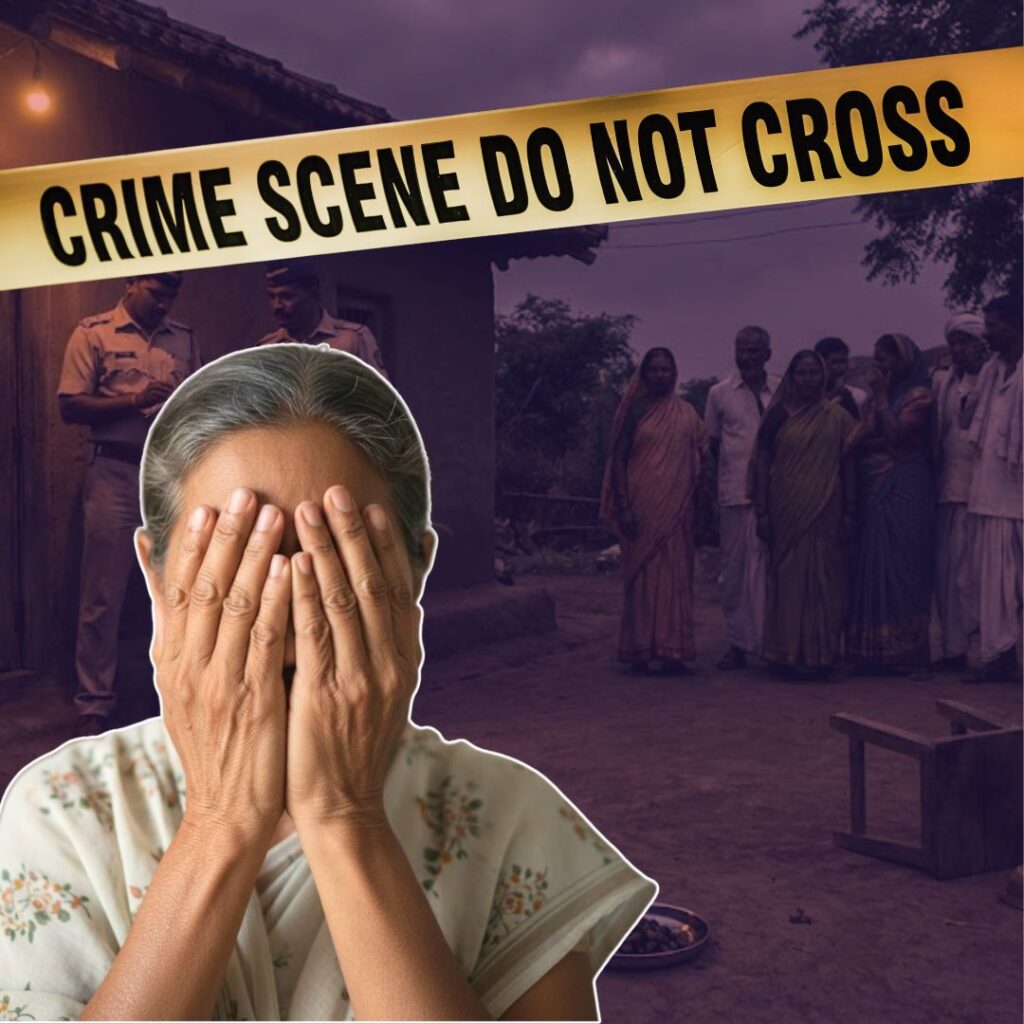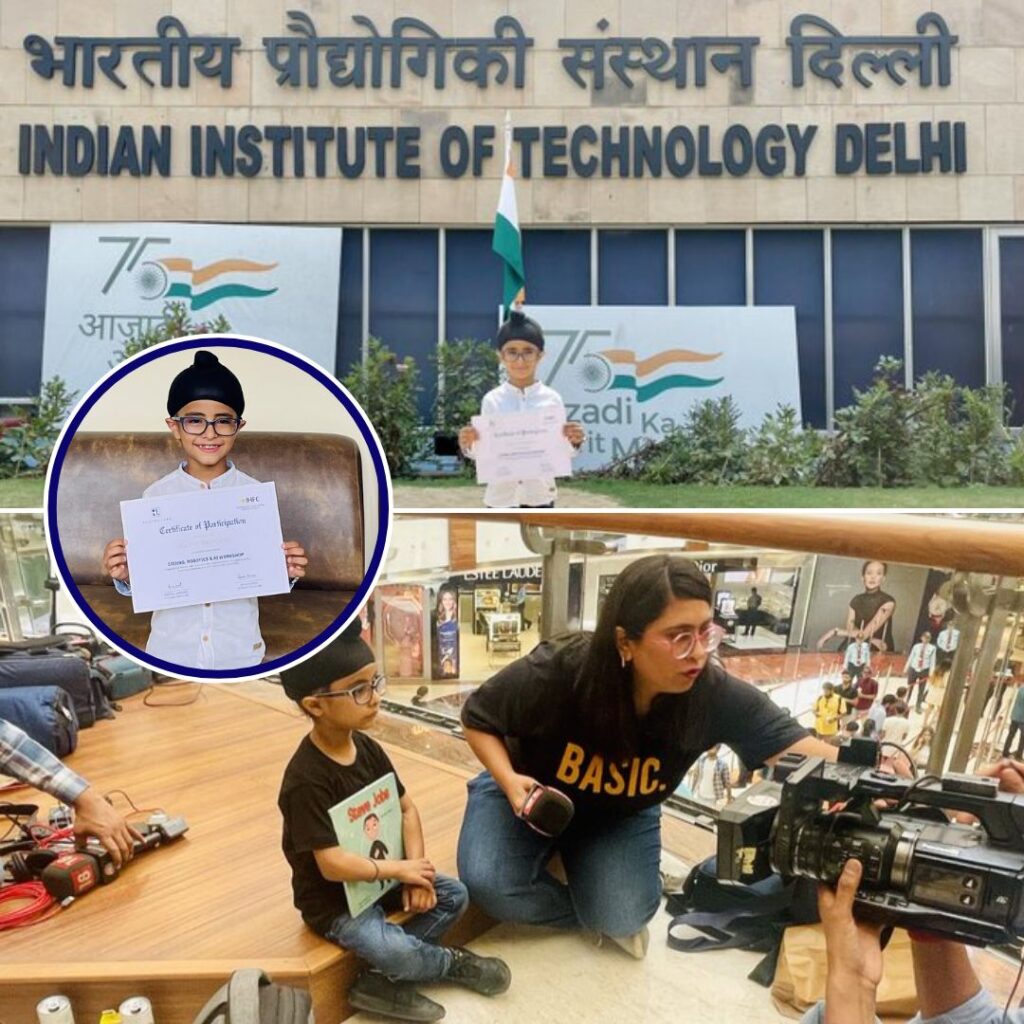A 24-year-old passenger from West Bengal, suffered a sudden temporomandibular joint (TMJ) dislocation when his jaw locked open mid-journey on the Kanniyakumari-Dibrugarh Vivek Express. Unable to speak or swallow, he was swiftly treated by Dr. Jithin P.S., an ENT surgeon at Palakkad Railway Hospital, right on the train platform within three minutes, thereby restoring his jaw without needing hospital admission.
The Southern Railway applauded the quick response, urging passengers to report emergencies via the Rail Madad app or toll-free number 138.
Swift Medical Intervention on the Move
During the Vivek Express’s halt at Palakkad Junction, fellow passengers alerted the Train Ticket Examiner about Aashid’s distress. Dr. Jithin promptly performed a manual TMJ reduction, a procedure to realign the jaw joint, on the platform itself.
This quick, skilled intervention prevented potentially severe complications and avoided delays for the passenger’s extensive 4,000 km journey. The Southern Railway praised this example of teamwork and preparedness between onboard staff and medical professionals, highlighting how essential rapid medical care is on long-distance trains.
Understanding TMJ Dislocation and Treatment
TMJ dislocation involves the lower jawbone moving out of its socket, often caused by excessive yawning, trauma, or underlying ligament looseness. Symptoms include a jaw locked open, difficulty speaking, swallowing, and discomfort. Diagnosis is clinical, confirmed by imaging if needed, and treatment focuses on repositioning the jaw promptly because muscle spasms worsen with delay, making reduction harder.
The manual reduction involves controlled maneuvers like the Hippocratic method, where the jaw is gently pushed back into place. Post-reduction care often includes immobilization to prevent recurrence. Importantly, only trained medical professionals should attempt reduction to avoid complications such as fractures or arterial injury.
Railway Preparedness and Passenger Guidance
This incident spotlights the Indian Railways’ increasing emphasis on medical readiness. Passengers are encouraged to use official channels like the Rail Madad app or dial toll-free 138 to report onboard medical emergencies.
Train Ticket Examiners and railway medical teams are increasingly trained for timely intervention. Equipping stations and trains with emergency protocols and staff helps manage critical situations promptly, often avoiding the need for hospital referrals. This preparedness reduces anxiety and risk during long journeys spanning thousands of kilometers.
The Logical Indian’s Perspective
The calm competence and compassion displayed by Dr. Jithin P.S. signify the vital role of frontline healthcare professionals embedded within public services. Such stories celebrate empathy, preparedness, and collective responsibility, illustrating how smart investments in emergency care infrastructure can transform potentially distressing moments into manageable ones.
The Logical Indian believes in fostering a culture that values quick, skilled medical response alongside kindness and cooperation.
🏥 Quick medical aid at Palakkad Junction
— Southern Railway (@GMSRailway) October 18, 2025
A 24-year-old passenger traveling on Train No. 22503 Kanniyakumari – Dibrugarh Vivek Express suffered a Jaw dislocation and received timely medical assistance from Dr. Jithin P.S., DMO/RH Palakkad. The passenger resumed the journey… pic.twitter.com/UY4zvSxwJH












